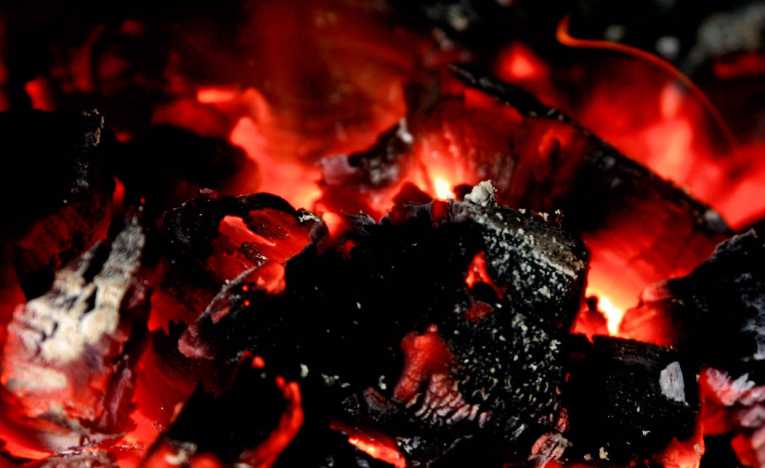The concept of peak oil is familiar to most, but peak coal could be closer than energy analysts had imagined within the next two decades, making cheap coal a thing of the past.
Published in Nature, a sober journal not normally known for flights of fancy, a report by Richard Heinberg and David Fridley of the Post Carbon Institute, Santa Rosa, California suggests that peak coal will soon be reached because inexpensive sources of coal are running out rapidly. The authors say, 'energy policies which rely on cheap coal have no future.'
Today, China is burning three billion tons of coal a year, three times US consumption levels, to fuel its rapidly expanding economy. A mere ten years ago Chinese coal consumption was about the same as the US. With 14% of world coal reserves the Chinese tiger is consuming almost 50% of global production, buying up 60% of the output of the world's top exporter, Australia and demand is growing at about 7% a year. Coal is the foundation of the Chinese economy, used for 80% of all electricity generation.
Four studies forecast Chinese peak production at a worst case scenario of 2015 (Energy Watch Group of Germany, 2006), and most optimistically by Chinese academics Tao and Li between 2025 and 2032 reporting in 2007. All studies fail to account for the massive expansion of the past few years. China is both the world's largest producer and its largest consumer, 'Its influence on future coal prices should not be underestimated,' say the authors.
Heinberg and Fridley state that a comprehensive review of world coal resources is long overdue. The last US national survey took place in 1974, and that the countries, especially coal dependents such as India must start to plan for high cost coal. Rising coal prices and possible shortages will impact everyone. The report's findings throw into doubt the ability of China to continue its high economic growth rates, which in turn supports global economic growth. Even the efforts of China to lead the world in renewable energy production will not come on stream fast enough to mitigate its need for coal.










